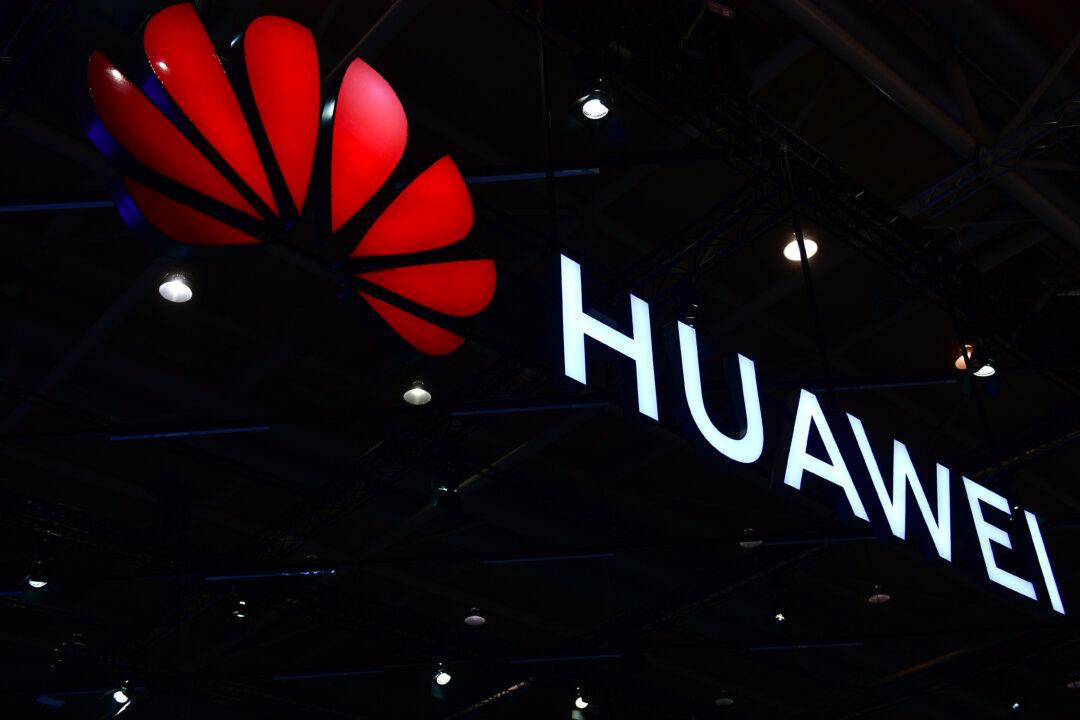The founder of Chinese telecom giant Huawei said on Aug. 19 that he expects no relief from Washington’s 90-day extension to a reprieve that allows the firm to buy from U.S. companies to supply existing customers.
Instead, the U.S. decision to add another 46 Huawei affiliates onto the economic blacklist while granting the extension is “unjust” and “politically motivated,” and is “in no one’s interests,” the company said in a statement on Aug. 19.





